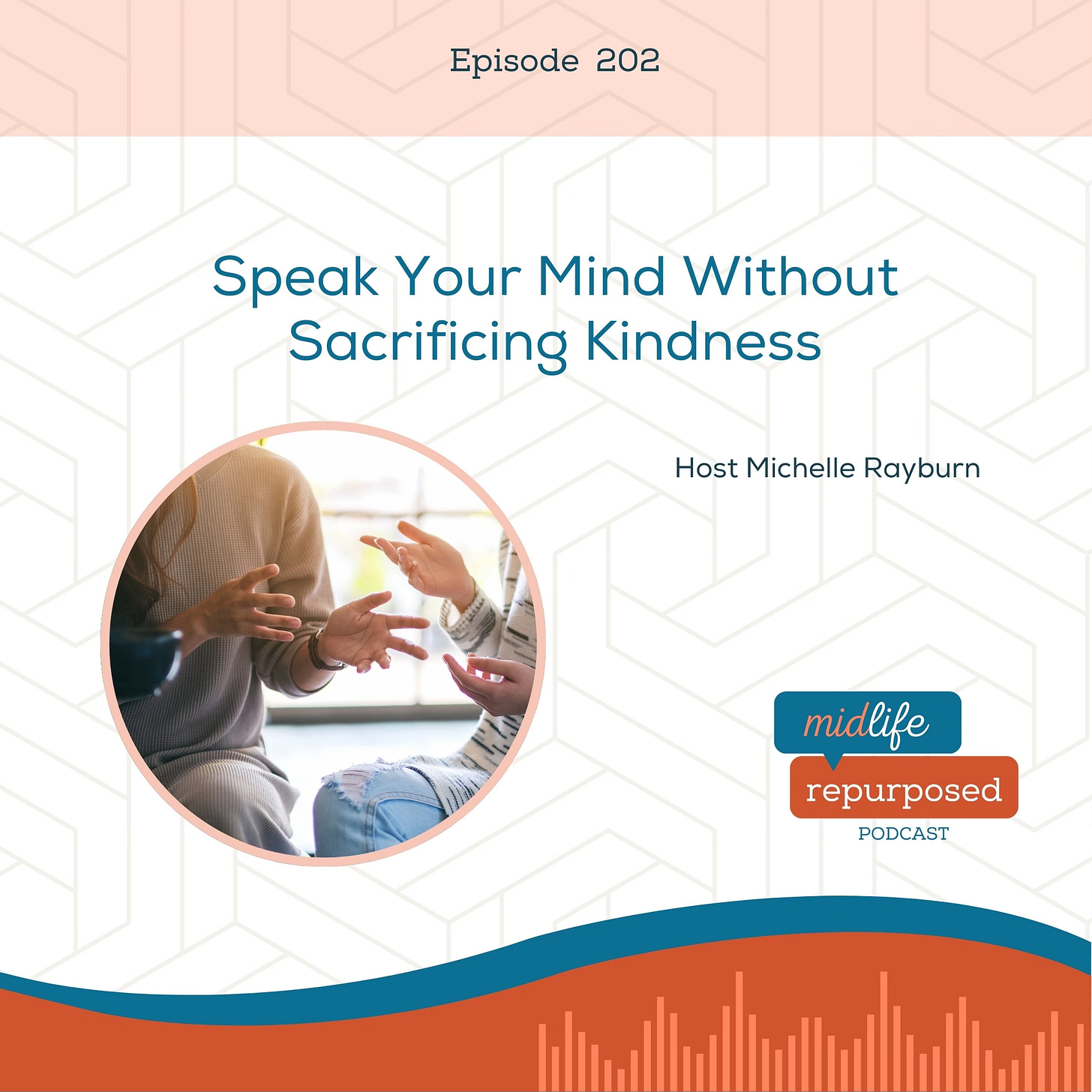In midlife, newfound confidence often leads to more freely expressing opinions, but balancing that confidence with empathy in communication is crucial. Overly blunt communication can come off as abrasive, potentially damaging relationships. While speaking honestly and directly can be refreshing and effective, particularly in business or building trust in relationships, it can also risk misunderstanding and hurt feelings if not handled carefully.
The key to maintaining this balance lies in empathy. It’s important to consider how your words might be perceived by others, asking yourself if your delivery is both honest and kind. Practicing empathy helps you understand others' perspectives, ensuring that your confidence doesn’t hurt others. When confidence becomes abrasiveness, it can shut down communication, erode trust, and create a toxic environment.
An increase in confidence may also lead to dismissing others' opinions, which can create a feeling of superiority. This dismissive attitude can damage relationships, as others may feel belittled and stop sharing their thoughts. This can be especially prevalent in political discussions or social media posts where blunt labels or phrases like "Obviously" or "Only weak-minded people would think..." can alienate others.
To avoid these pitfalls, it’s important to approach communication with humility. Even when you strongly believe in your perspective, it’s vital to remain open to others' viewpoints. Listening actively and respecting differing opinions strengthens relationships and fosters growth. True confidence isn’t about always being right—it’s about respecting others’ opinions and creating an environment where dialogue and mutual respect thrive.
Five strategies for balancing confidence with compassion include:
Pause Before Speaking: Take a moment to consider the impact of your words. This can help you find the right balance between honesty and tact.
Choose Your Words Carefully: Small changes in phrasing can make a big difference. For instance, replacing "You're wrong" with "I see it differently" softens the message without diluting it.
Be Mindful of Your Tone: Tone can convey as much meaning as words. A calm and respectful tone, especially in sensitive situations, can prevent misunderstandings.
Practice Active Listening: Focus on the other person's perspective, acknowledging their input. This fosters understanding and helps you respond more effectively.
Apologize When Necessary: If your words unintentionally hurt someone, a sincere apology can repair the damage and show that you care about their feelings.
Ultimately, the goal is to build a culture of respect. Confidence should be tempered with kindness and consideration, creating communication that uplifts and empowers rather than tears down. In a world that often values bluntness, choosing to balance confidence with compassion strengthens personal growth and relationships, and creates a more supportive environment.
Paid subscribers to Midlife Repurposed will receive additional reflection questions when the episode airs.















Share this post